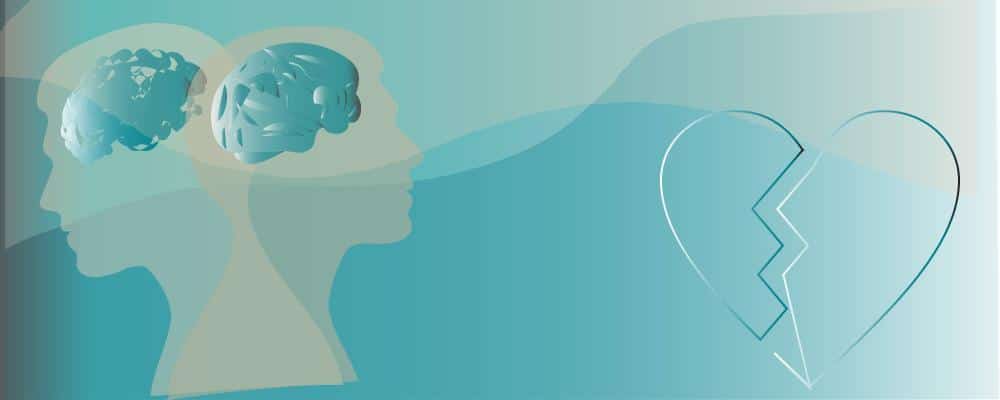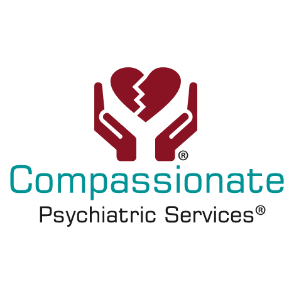Bipolar vs Depression

Understanding the diagnostic standards and the symptoms that sufferers encounter can assist in distinguishing between the two illnesses.
For a diagnosis of major depressive disorder, the DSM-5 outlines the following criteria. The individual must be experiencing five or more symptoms during the same 2-week period, and at least one of the symptoms should be either (1) depressed mood or (2) loss of interest or pleasure.
- A person must report that they feel depressed most of the day, almost every day.
- A person must feel a diminished interest or pleasure in all, or almost all, activities most of the day, nearly every day.
- A significant weight change, either loss or gain. There may also be an increase or decrease in appetite daily.
- A noticeable slowing down in mental and physical activity.
- Unexplained feelings of fatigue or loss of energy.
- Unexplained feelings of shame or excessive or inappropriate guilt.
- The inability to concentrate or focus.
- Reoccurring thoughts of death, suicidal ideation without a specific plan, or thoughts of suicide with a definite plan.
If you suffer from major depressive disorder, you likely suffer from some or all of the following symptoms daily:
- Feelings of sadness, emptiness, or hopelessness.
- Lack of interest in things and activities that once brought joy.
- A change in appetite, resulting in weight gain or loss.
- Speech patterns slow down, movement decreases, and cognitive function is impaired.
- Either insomnia or hypersomnia.
- Low energy or fatigue.
- Feelings of shame or excessive guilt.
- Thoughts of death, suicide, or suicidal ideation.
For a diagnosis of bipolar disorder, a person must suffer from five of the following criteria, and the symptoms must include both mania and hypomania.
Bipolar l Disorder Criteria
- Increased talking
- Grandiosity or inflated self-esteem
- Little to no sleep is needed.
- Increased energy, goal-oriented activities, or irritability
- Racing thoughts and decreased focus
- Increased risky behavior.
Bipolar ll disorder criteria:
- Depressed mood
- Changes in sleep and eating patterns.
- Fatigue and lack of energy
- Lack of interest in activities that previously brought joy.
- Feelings of restlessness
- Feelings of shame or guilt
- Difficulty focusing or making decisions.
- Suicidal ideation
More challenging to diagnose cyclothymic disorder criteria:
- Periods of hypomanic episodes over two years don’t meet the criteria for hypomanic episodes.
- Periods of depressive symptoms that fail to meet the criteria for major depressive disorder.
- Suffering the above symptoms for longer than two months.
- Symptoms are not due to another mental health diagnosis, medical condition, or substance.
- The symptoms significantly impair a person’s ability to navigate social, work, and normal situations.
Mania, or extreme enthusiasm, overactivity, delusions, and euphoria, is a symptom of bipolar disease. Depression, or sadness and hopelessness, is a symptom of bipolar disorder.
A mania or hypomanic episode must occur at least once for bipolar disorder to be identified. The manic state, characterized by an elevated, expansive, or irritated mood, must endure for one week and last most of each day. For a mood to be hypomanic, it must last for four days straight, for most of the day, and nearly every day. Three or more of the following signs and symptoms of bipolar illness must be present:
- Inflated self-esteem or grandiosity
- The lack of needed sleep
- Increased incessant talking.
- Racing thoughts and the inability to focus.
- Increased psychomotor agitation.
- Engaging in risky behavior with the potential for painful consequences
What are the common treatment modalities for bipolar and major depressive disorder?
Left untreated, bipolar disorder and major depressive disorder can negatively impact social and occupational function and the risk of suicide. Possible treatment modalities include:
What can you do when you are feeling depressed?
- Remember that depression is temporary and that you are not alone.
- If you’re having thoughts of suicide, seek professional help right away.
- Stay active with daily exercise, which is known to be a natural mood enhancer.
- Nature-based activities such as gardening, hiking, or walking in a park have been proven to relieve symptoms of depression.
- Keeping a journal and writing about your thoughts and feelings is therapeutically helpful.
- Music, both playing and listening, reduces depressive symptoms.
- Developing and nurturing a social support network is important to manage depression.
Although there is no way to prevent major depressive episodes or bipolar mania and hypomania, you can get help to manage your symptoms. If you or a loved one struggles with major depressive disorder or bipolar disorder, Compassionate Psychiatric Services may have a treatment solution for you. Give our office a call today at 469-200-4093 and speak with a specialist.


